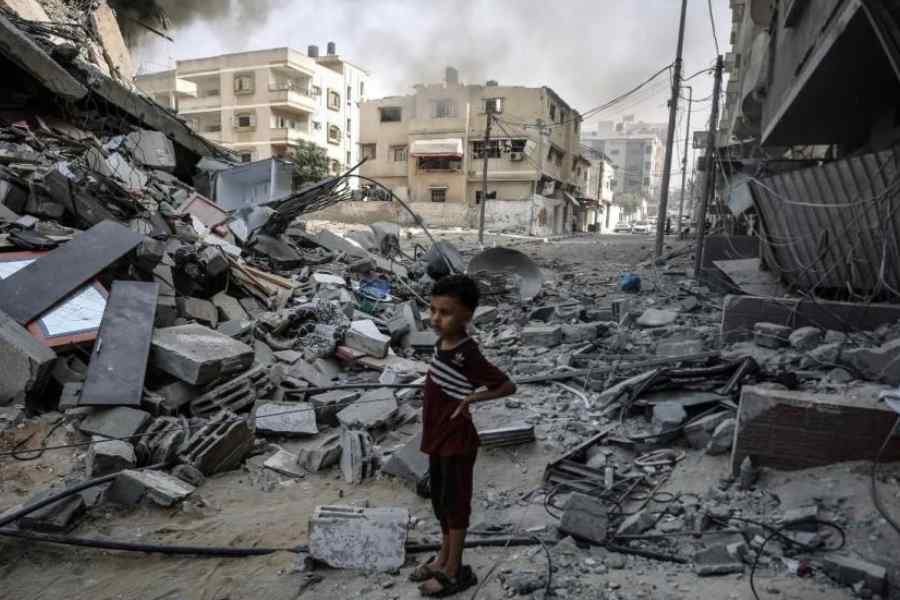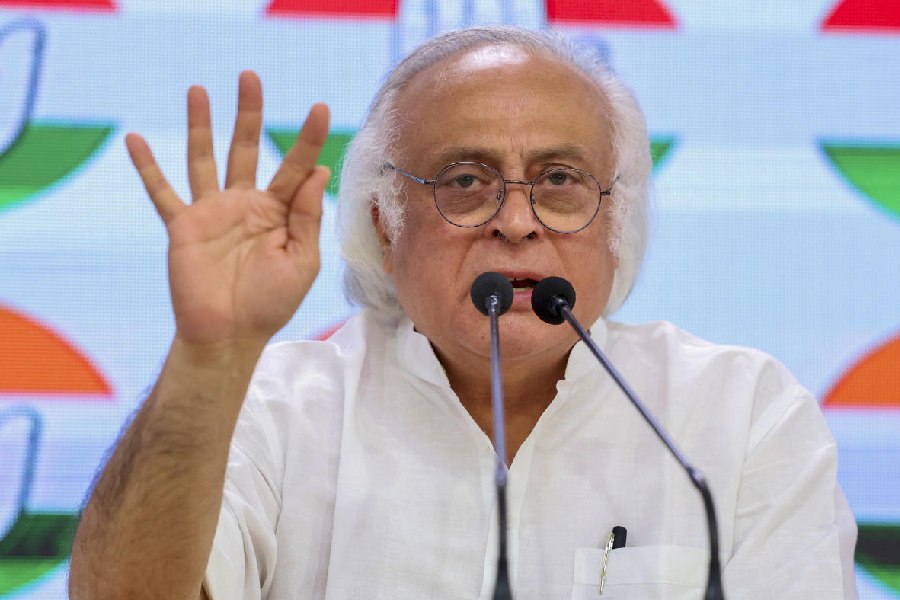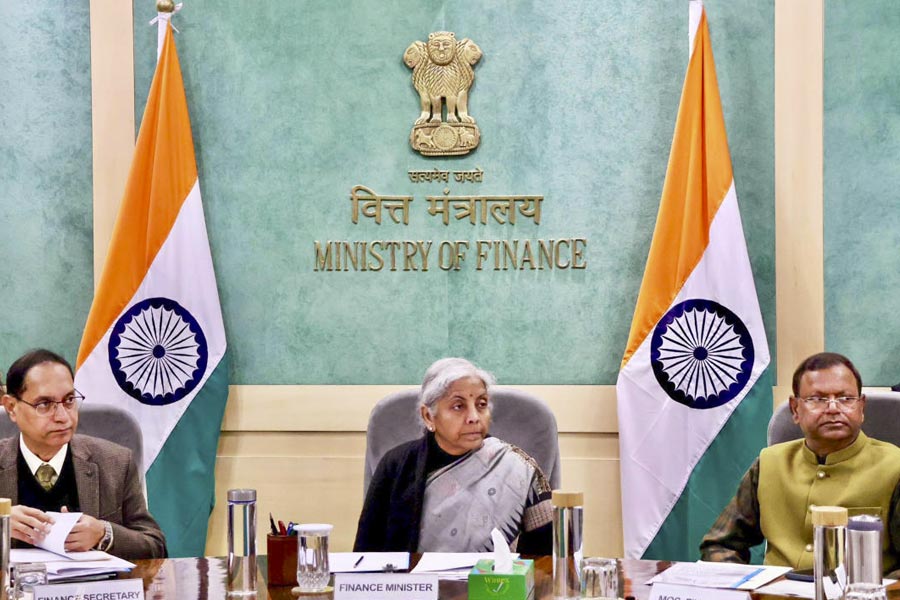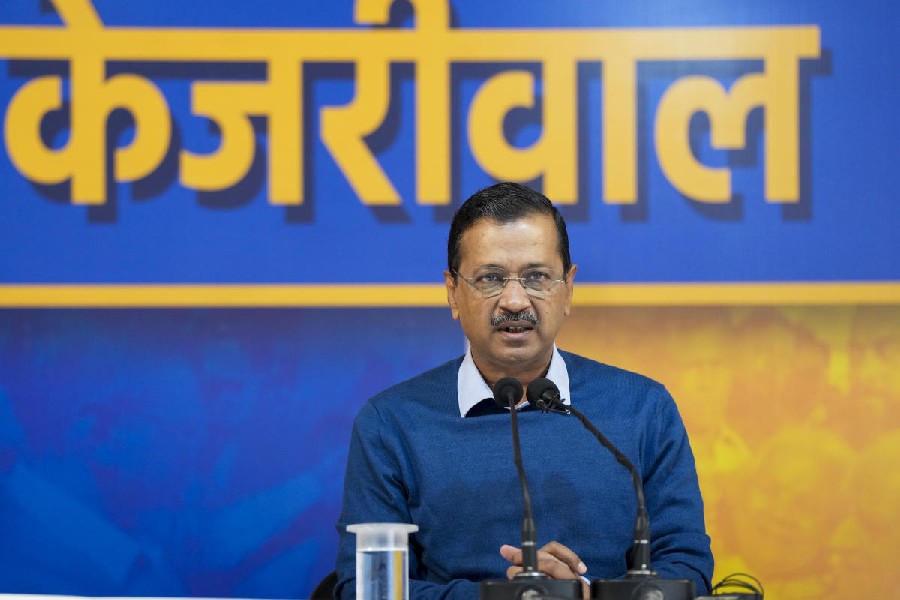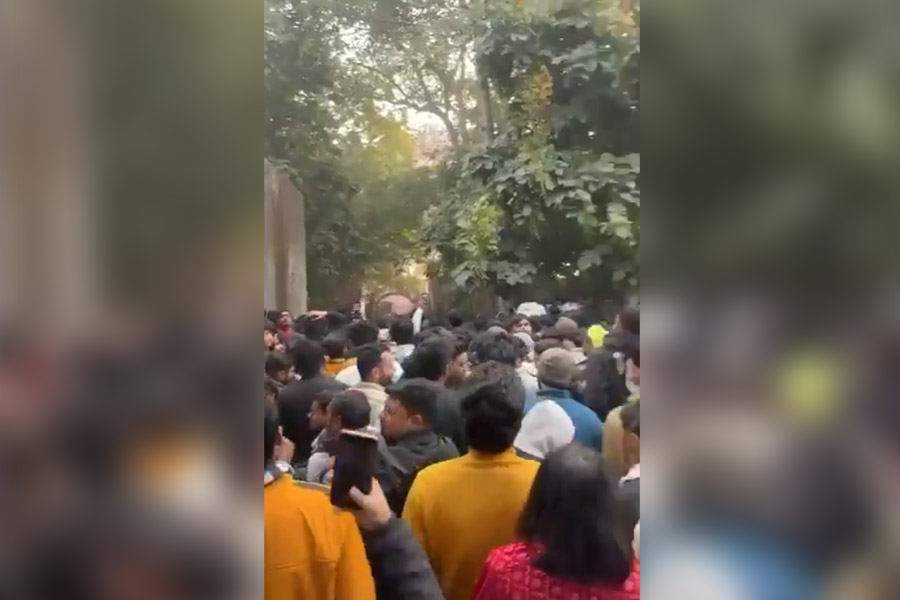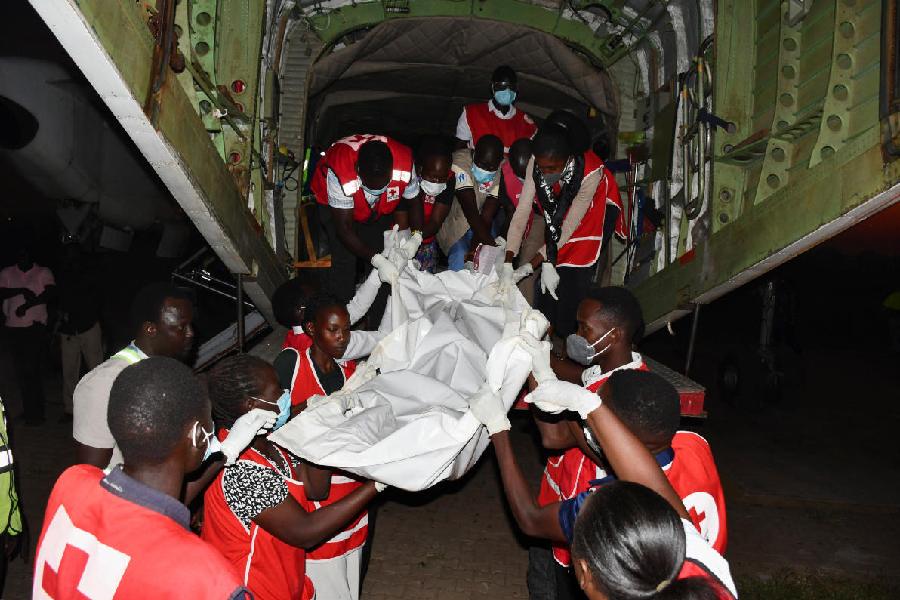In the first twenty years of this century, nearly 2,200 Palestinian children and 140 Israeli children were killed in the conflict-torn region. The massacre of the innocents continues: 45 Palestinian children were killed in 2022 and 44 this year before the current hostilities. Eight Israeli children died over this period. Four weeks into the war, over 3,800 Palestinian children had died in Gaza and 1,200 were reported missing, besides 31 Israeli children killed and at least 20 held captive by Hamas. These deaths resulted directly from hostile action. It is too early to count the dead from starvation, pestilence, lack of medical aid, and long-term injuries. And the mental violence done to children whose world is literally collapsing around them is truly incalculable.
The grotesque imbalance in the figures above tells its own story. But the bedrock iniquity is that children should die at all in their elders’ territorial battles. Even those 31 Israeli children are 31 too many.
All this is happening in the world’s full gaze, with its connivance and approval. Most leading powers support the destruction, openly or indirectly; even those condemning it have their own stakes. The world concurs, rightfully enough, that terrorism is an evil so heinous that it must be stamped out at whatever cost, regardless of history, context or rationale. Civilization has not attained the stage where killing thousands of children seems an equally absolute evil. We do not say, ‘Whatever the issue, we cannot let children die. We must work out some other solution.’ Rather, we use those children as an unspoken, unspeakable instrument of war.
In a world racked with suffering, it seems insanely frivolous to raise philosophical issues; yet such issues bear acutely on realities. There is a concept called the principle of double effect. If an action has a good and a bad effect, is the latter acceptable for the sake of the good? Yes, says the logician, provided it is not intrinsic to the good, if you can arguably have one without the other; but not if the bad is essential to the good, if the path to one lies through the other.
Statesmen do not practise scholastic philosophy. But their gut logic is the same, reaching its acme in the evil genius behind the phrase ‘collateral damage’. Hostage-taking terrorists are crude operators: they openly resort to evil to attain what they see as good. Rulers of states are unblushingly casuistical.
The catch lies in that while in theory you might separate the good intention from the bad consequence, in practice it is blatantly impossible. The ‘incidental’ effect becomes the crucial outcome: the fiction of disengagement masks an appalling threat. We wouldn’t dream of harming your children, the leaders declare. It just so happens that our action in a noble cause will wipe out an untold number. We won’t set out to kill them, but they’ll die just the same.
That is the chilling subtext of the brave speeches crossing the airwaves, no less lethal than missiles or drones. Even assuagement turns menacing in this situation — like the word ‘humanitarian’, co-opted into the obscene officialese of war. Humanitarian aid, in this context, is the sop doled out to victims of violence to ensure they live to suffer. There is even the doublespeak of a ‘humanitarian pause’. A pause implies the subsequent resumption of hostilities. In the interval, the victims can fortify themselves to be battered again; or else uproot themselves and flee what might itself be a refuge from an earlier displacement.
In ‘normal’ times, 500 supply trucks entered Gaza each day. The number fell to zero for the first two weeks of the conflict, then slowly resumed to average 30 in the next fortnight. The desert settlement is surviving on 8% of its water requirements and virtually no fuel or electricity. Two years ago, the UN secretary-general observed that the children of Gaza were enduring hell on earth. His unheeded appeals in the current crisis sound, quite literally, like a voice in the desert.
The ‘humanitarian’ is a pitiful substitute for the human. To be human, one assumes, is our default condition, and love and protection of our young among its defining traits. A powerful impulsion behind Israel’s war is its citizens’ anguish for their loved ones held hostage by Hamas. Like most of us, they are victims of an order where humanity halts at borders, less on the ground than within the mind. Concern for our own children drives us to kill the children of other people, perhaps with wildly disproportionate violence.
That is appalling but not unnatural. The tipping point comes in others’ response. In today’s world, nations are prone to adopt aggressive identities, defined by territory and thriving on opposition and Othering. That aggression ring-fences their material interests, as a dragon guards its treasure. When two such parties join battle, the rest rally round and incite the contenders like a crowd cheering a street fight, vicariously gratifying their own aggressive psyches.
Children have been slaughtered through the ages. The story goes how two thousand years ago, in the very scene of today’s conflict, a king felt so threatened by a newborn child that he massacred every baby boy in his territory. In our own land, a yet unborn child so unnerved a king that he imprisoned the parents and killed their babies as they were born.
Both rulers failed in their murderous purpose. The child from Judea survived to fashion a doctrine of peace and love, of turning the other cheek. The child from India was to expound a more nuanced doctrine. His loftiest discourse was actually to persuade a reluctant warrior to battle, but rationally and dispassionately. Deliver yourself from your fever, he told Arjuna before Kurukshetra; then, freed of desire and egotism, go forth to fight.
That is a doctrine that India as vishwaguru is uniquely placed to teach the world, more productively than by a gesture of abstention. As Krishna also told Arjuna, “Not by abstention from work does a man attain freedom from action.”
All figures relating to the current conflict are from UN sources
Sukanta Chaudhuri is Professor Emeritus, Jadavpur University

